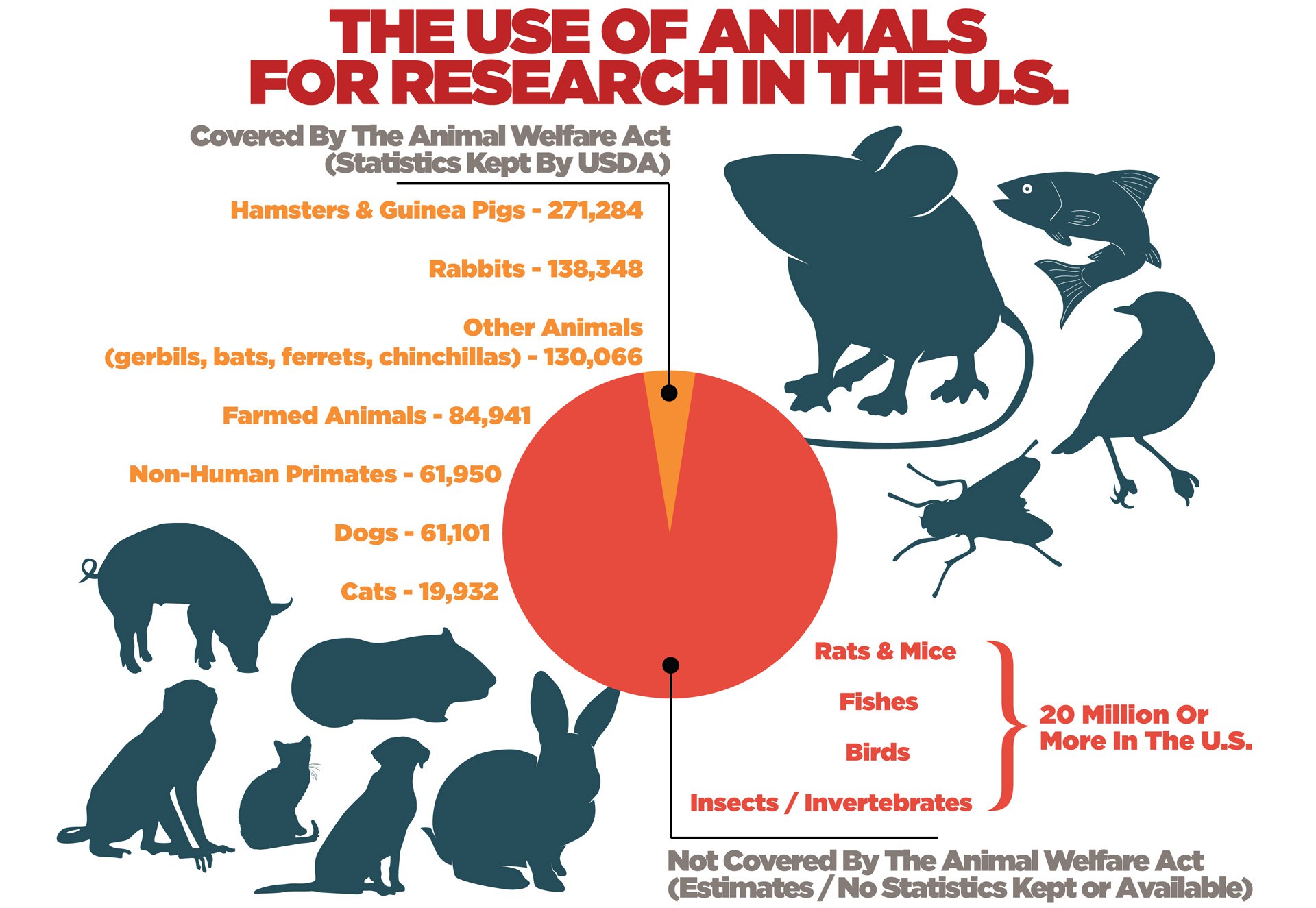Is US Taxpayer Money Funding Transgender Animal Research? A Comprehensive Look

Table of Contents
Understanding "Transgender Animal Research": Defining the Scope
Before exploring the funding question, it's crucial to clarify the meaning of "transgender animal research." The term itself is loaded and requires careful definition within a scientific context.
What constitutes "transgender" in animals?
The concept of "transgender" in humans refers to a gender identity that differs from the sex assigned at birth. Applying this directly to animals is problematic because it anthropomorphizes complex biological processes. In animals, sex is determined by a combination of genetic, hormonal, and environmental factors.
- Sex: Refers to biological characteristics, including chromosomes (XX or XY in mammals), gonads (ovaries or testes), hormones, and internal and external genitalia.
- Gender: In animals, this term is less clearly defined than in humans and usually refers to behavioral characteristics associated with reproduction and mating.
- Intersex: Animals, like humans, can be born with variations in their sex characteristics, resulting in intersex individuals. This is a naturally occurring phenomenon.
- Transgender (in animals): There is no established scientific definition of "transgender" in animals. While some research might involve manipulating sex hormones or chromosomes, this differs significantly from the human experience of gender identity.
Research often misinterpreted as "transgender animal research" might include studies on:
- The effects of hormones on sexual development and behavior.
- Sex chromosome abnormalities and their impact on reproductive function.
- The genetic basis of sex determination in various species.
It's important to emphasize that widespread, explicitly labeled "transgender animal research" is currently lacking.
Government Funding of Animal Research: Sources and Oversight
Many US government agencies fund animal research, playing a vital role in scientific advancement.
Major Funding Agencies
The National Institutes of Health (NIH) and the National Science Foundation (NSF) are the primary funders of biomedical and biological research, including significant portions involving animal models. Other agencies, such as the Department of Agriculture (USDA), also contribute to animal research funding, particularly in areas like agriculture and veterinary science.
Grant Allocation Process
Research grants are awarded through a rigorous peer-review process. Scientists submit proposals outlining their research questions, methodology, and expected outcomes. These proposals are evaluated by experts in the field, who assess the scientific merit, feasibility, and ethical implications. Funding decisions are based on the quality of the research and its potential impact.
- Government funding supports a broad range of animal research, including studies on reproductive biology, endocrinology, and genetics—areas that might tangentially relate to discussions around sex and gender.
- Data on grant allocations is generally publicly accessible, ensuring transparency in the funding process.
- Strict regulations and ethical guidelines, overseen by Institutional Animal Care and Use Committees (IACUCs), govern animal research to ensure humane treatment and minimize suffering.
Examining Research Projects: Finding Evidence (or Lack Thereof)
To determine if taxpayer money funds "transgender animal research," a thorough search across relevant databases is necessary.
Searching for Relevant Research
A systematic search was conducted using keywords like "sex reversal," "hormone manipulation," "sexual differentiation," and "intersex animals" across major scientific databases such as PubMed, Web of Science, and others.
Evaluating Research Findings
The search yielded numerous studies on animal models related to sex determination and hormone function. However, none of these studies explicitly focused on a concept aligning with the human understanding of "transgender" identity. The research primarily focused on fundamental biological processes, such as the role of genes and hormones in sex development.
- The studies found focused on understanding fundamental biological processes rather than exploring issues of gender identity.
- The absence of research explicitly labeled "transgender animal research" does not necessarily indicate a lack of funding in related areas. The terminology used in research proposals may not always align with common public discourse.
- The limitations of the keyword search strategy may have impacted the comprehensiveness of the results.
Ethical Considerations and Public Perception
Ethical concerns surround any research involving animals. Public perception also plays a significant role in shaping funding decisions.
Animal Welfare Concerns
Animal welfare is paramount in all scientific research. Stringent ethical guidelines and regulations govern animal research to minimize any potential harm and ensure humane treatment. IACUCs carefully review and approve all research proposals involving animals.
Public Misconceptions and Misinformation
Misinformation and sensationalized media portrayals can lead to public misunderstandings and concerns about the nature and implications of animal research. Clear and accurate communication about scientific research is crucial to foster public trust and support.
- The ethical treatment of animals used in research is a critical concern, and robust regulations are in place to safeguard animal welfare.
- Misinterpretations of scientific findings can fuel unwarranted fears and anxieties, particularly when complex scientific concepts are simplified or distorted.
- Open communication between scientists, policymakers, and the public is vital for fostering transparency and trust in research funding decisions.
Conclusion
Our investigation reveals that while significant US taxpayer money funds animal research related to reproductive biology, endocrinology, and genetics, there is currently little to no evidence of direct funding for research explicitly defined as "transgender animal research." The ambiguity surrounding the term "transgender" when applied to animals, along with the complexity of the underlying biological processes, makes definitive conclusions challenging. It's crucial to distinguish between basic scientific research into fundamental biological processes and any potential misinterpretations fueled by biased or inaccurate reporting. To ensure informed discussion and responsible resource allocation, we must promote transparency in government-funded animal research and encourage responsible scientific inquiry. For further information on government funding for animal studies, please visit the websites of the NIH and NSF.

Featured Posts
-
 Nhl 2024 25 Season Key Storylines To Follow
May 10, 2025
Nhl 2024 25 Season Key Storylines To Follow
May 10, 2025 -
 Jeanine Pirros Comments On Due Process And El Salvador Prison Transfers
May 10, 2025
Jeanine Pirros Comments On Due Process And El Salvador Prison Transfers
May 10, 2025 -
 Dakota Johnson Apuesta Por Hereu El Bolso Catalan Que Conquista El Mundo
May 10, 2025
Dakota Johnson Apuesta Por Hereu El Bolso Catalan Que Conquista El Mundo
May 10, 2025 -
 New Business Hot Spots Where To Invest In Country Name
May 10, 2025
New Business Hot Spots Where To Invest In Country Name
May 10, 2025 -
 Measles Outbreak In North Dakota School Quarantine For Unvaccinated Children
May 10, 2025
Measles Outbreak In North Dakota School Quarantine For Unvaccinated Children
May 10, 2025
